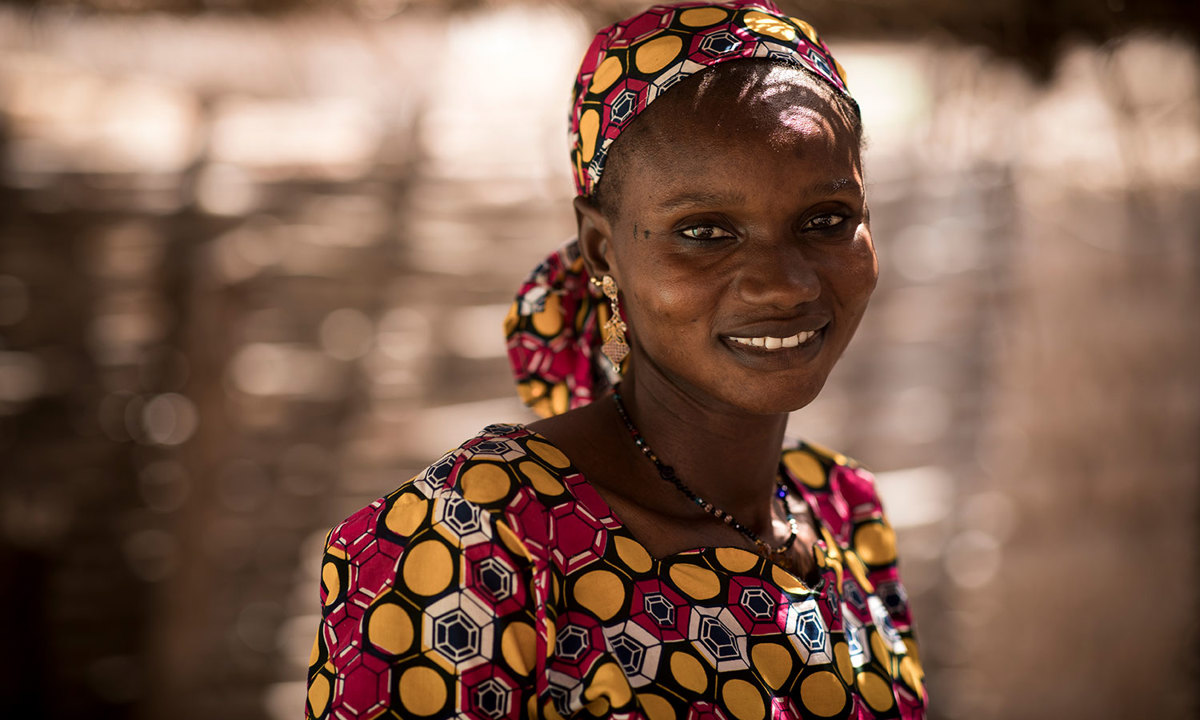13 July 2020
Share this story
Hunger doesn’t stop for a pandemic and neither does Action Against Hunger’s community health workers.
When a mother in Mali wants to improve their child’s diet, they turn to a community health volunteer. When a child in Kenya gets diarrhoea, a community health worker is often the first person a parent calls. And when people in Somalia want to learn how to detect malnutrition in their children, a health worker trains them.
Action Against Hunger’s community health workers operate in some of the world’s hardest-to-reach places. They treat children and their families for malnutrition, and provide them with the nutritious food they need to survive, thrive, and build a better future.
Much like heroes in the NHS, they’re on the frontline of the global response to Coronavirus. Thanks to support received from players of People’s Postcode Lottery, they can continue their life-saving work during the Covid-19 pandemic.
Despite restrictions, lockdowns, and social distancing, community health workers are finding ways to promote healthy behaviours, help families prevent malnutrition and disease, and treat children with life-threatening health conditions. In some cases, where a lack of personal protective equipment and fears of contracting the virus have kept community health workers at home, they have been continuing their work by reaching out to families and offering support by phone.
Action Against Hunger has also put in place a variety of measures in our health centres to ensure our life-saving programmes can continue safely. These include:
- Changes to working hours and days to reduce crowds
- Different nutrition treatment rationing to reduce the number of visits needed
- Social distancing within waiting areas
- New handwashing stations in and around the facilities
- Providing protective equipment to health staff
Action Against Hunger’s community health workers are a lifeline to so many families. To prevent the spread of Covid-19, they’re sharing essential information and messages about health and hygiene, as well as social distancing. Without them, the communities they serve wouldn’t have access to this information.

Hawa is an Action Against Hunger-trained health worker from rural Mali. She lives in a remote village with her husband and three children. From their home, she runs a clinic where she diagnoses and treats malnourished children.
One day Hawa was walking through her village when she noticed two-year-old Simbo was underweight and lethargic.
Spotting the signs, she asked Simbo’s mum to bring him to her clinic. She diagnosed Simbo with severe acute malnutrition and prescribed him a course of therapeutic food for four weeks. With Hawa’s support, Simbo’s mum Mamissa was able to treat her son at home.
"Since Hawa has been in the village, I’ve noticed a change," says Mamissa. "There were a lot of sick children before, but now there are few."
As the world faces the Covid-19 pandemic, the work of community health workers like Hawa is more vital than ever. The United Nations predicts coronavirus could cause global hunger to nearly double by the end of the year.
Players of People’s Postcode Lottery have raised £1 million for Action Against Hunger.
